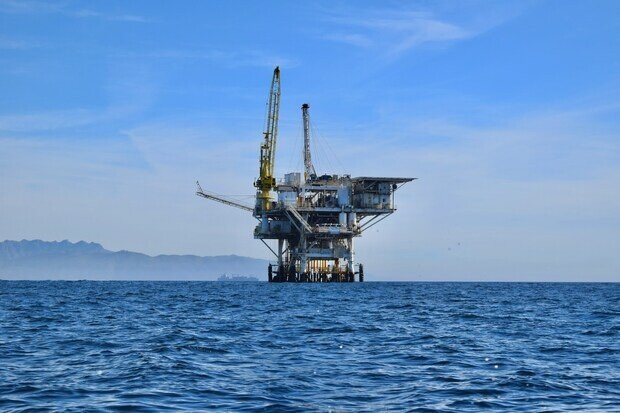
Cairo, Egypt - Eni, a leading energy company, is set to resume drilling operations in Egypt's Zohr gas field after a three-year hiatus. This move comes as Egypt grapples with a significant decline in LNG exports, falling 84% in 2024 due to a domestic gas shortage.
The shortage is attributed to declining domestic production, rising demand from the electricity sector and industries, forcing Egypt to import LNG for the first time since 2018. To address this, the government is pursuing a multi-pronged approach, including:
Increased Renewable Energy: Aiming to increase the share of electricity generated from renewable sources to 58% from the current 20%.
LNG Imports: Imported approximately 2.5 million tons of LNG in 2024.
Exploration and Production: Eni's renewed drilling efforts and ExxonMobil's recent gas discoveries are crucial for boosting domestic production.
Despite these efforts, challenges remain. Domestic gas production has been declining, and the government has raised natural gas prices three times in 2024 to mitigate the impact of the shortage.
Eni's Continued Commitment
Eni's discovery of the Zohr gas field in 2015 was a game-changer, enabling Egypt to achieve gas self-sufficiency by 2018. The company has pledged to invest $7.7 billion in Egypt over the next four years to further expand its exploration and production activities.
ExxonMobil's Growing Footprint
ExxonMobil recently made a significant gas discovery off the coast of Egypt and has secured exploration rights for two offshore blocks in the Nile Delta. This expansion, in partnership with Qatar Energy, underscores the growing interest in Egypt's energy sector.
Looking Ahead
Egypt faces a critical juncture in its energy landscape. While the government's efforts to diversify its energy mix and increase domestic production are crucial, the country must continue to explore innovative solutions to ensure a stable and sustainable energy future.
[Copyright (c) Global Economic Times. All Rights Reserved.]






























